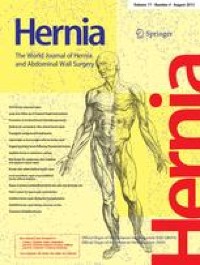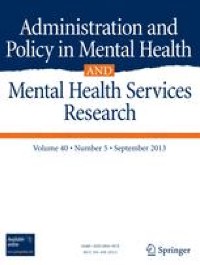Abstract
Purpose
The incidence of older adults undergoing inguinal and ventral hernia repairs is increasing. Older adults are disproportionately affected by age-related risk factors, which are often under-recognized and may adversely affect surgical outcomes. These age-related risk factors often termed "geriatric syndromes," include multimorbidity, frailty, cognitive impairment, depression, obesity, functional impairment, polypharmacy, and poor subjective health. The aim of this study was to identify the prevalence of age-related risk factors in older patients undergoing elective hernia repair.
Methods
Patients aged 60 years or older with a planned elective surgical repair of a ventral or inguinal hernia were prospectively enrolled in a clinic. Subjects completed several validated screening tools for geriatric syndromes.
Results
Seventy patients completed preoperative assessments (mean age: 68.5 years). In total, 24 (34.3%) screened positive for previously unrecognized objective cognitive impairment (Mini-Cog) and 33 (47.1%) for a subjective memory concern. Sixty patients (85.7%) met criteria for polypharmacy. Additionally, 48 (68.6%) screened positive for either pre-frailty (37, 52.9%) or frailty (11, 15.7%), and 66 (94.3%) had multimorbidity. Twenty-five (35.7%) patients self-rated their health as "poor" or "fair," and 18 (25.7%) patients endorsed some functional impairment.
Conclusions
There is a high prevalence of age-related risk factors in older patients undergoing elective hernia repair. Further, these factors are often unrecognized and underappreciated despite their potential to significantly impact informed consent and shared decision making. Additional study is required to define the impact of these age-related risk factors on surgical outcomes, which will inform preoperative risk assessment and optimization through modifiable risk reduction.









